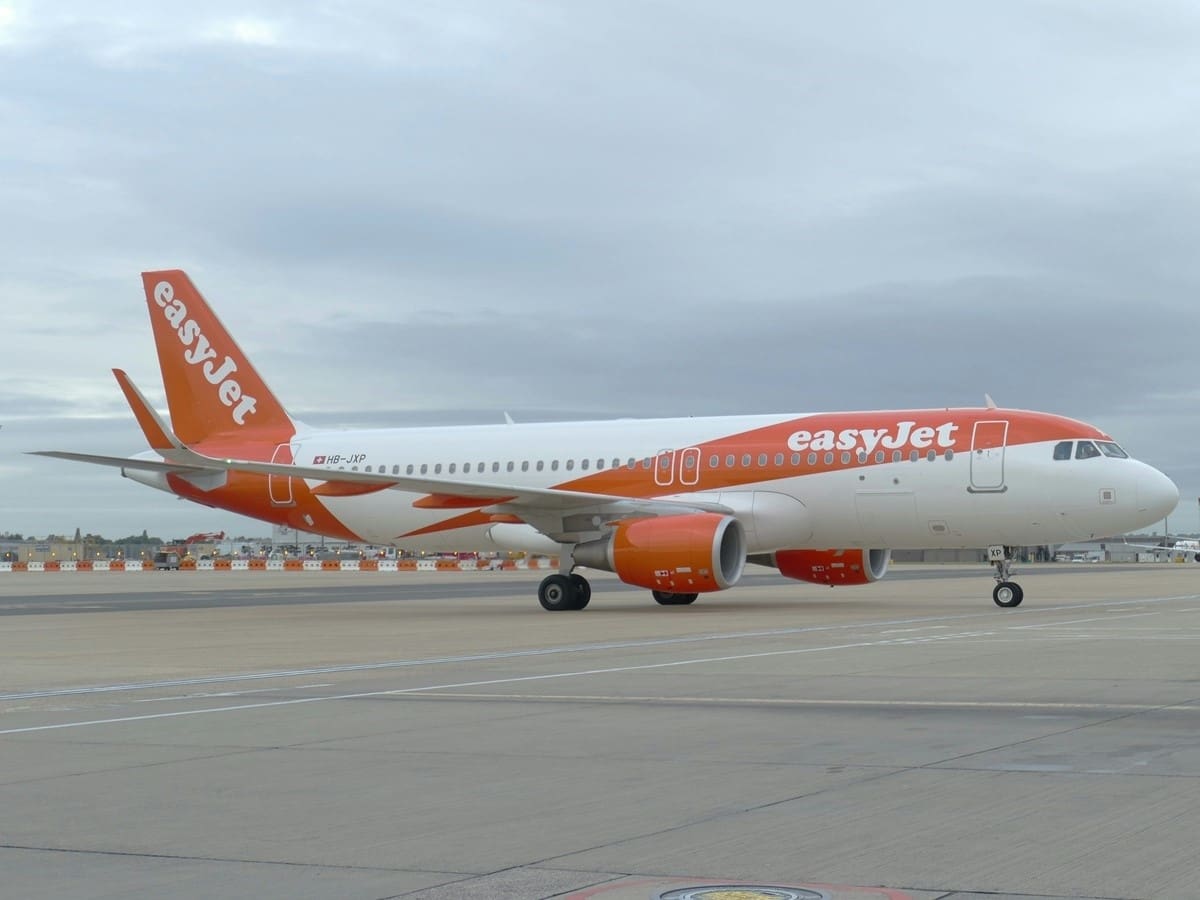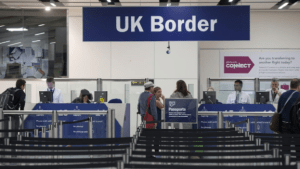In February 2024, low-cost carrier easyJet received top marks for sustainability from the Climate Disclosure Project (CDP), a non-profit organisation noted for its intensive environmental impact assessments. The airline has been taking innovative steps to reduce its carbon footprint in order to be net-zero by 2050, strides the CDP has acknowledged and helped solidify its commitment to the environment.
easyJet has adopted software to help cut fuel consumption by 50kg per flight and introduced more fuel-efficient aircraft. Hydrogen is also a significant area of exploration for the airline, with the aim of making it a key part of boosting sustainable flying.
Flying has long been notorious for being a carbon-intensive activity, so easyJet’s goal of making a change can set the standard for the rest of the industry, especially as pressure to reduce emissions intensifies.
About easyJet
British budget airline easyJet has specialised in short-haul travel within Europe for 25 years. It revolutionised European air travel by enabling passengers to book cheap flights to destinations like Spain, Switzerland, Greece, and many more.
Its low fare finder tool online allows consumers to scan an overview of flight times and prices to find the most affordable option for their destination of choice. Flight sales and last-minute flight deals also provide more options for lower prices. easyJet also offers all-inclusive holiday packages across Europe and beyond.
easyJet’s sustainability commitments
easyJet has taken various measures to improve its environmental impact and help achieve the goal of net-zero emissions by 2050. One of its biggest changes is adopting more efficient aircraft, such as Airbus Neo.
The company recently ordered 56 A320neo and 101 A321neo Airbus aircraft as part of its fleet replacement programme, as they’re 15% to 20% more fuel efficient than prior models like the A319ceo and A320ceo, which is what makes up most of the airline’s current fleet.
easyJet has also invested in future technologies such as hydrogen-powered flying.
It has collaborated with companies like Rolls-Royce to make hydrogen-fuelled aircraft a reality by 2030. The companies have been partnering in research on this technology to provide hydrogen powertrains for a new generation of narrowbody airliners from the mid-2030s onwards.
easyJet has also been urging the UK government to ensure public funding to make the shift happen by setting up proper airport infrastructure, developing hydrogen supply, and training a skilled workforce equipped to manage hydrogen-fuelled aircraft. By pushing the use of hydrogen, easyJet hopes it can usher in an era of decarbonised aviation.
Other sustainable moves from easyJet also include the introduction of sustainable items. The company recently equipped 14,000 pilots and cabin crew with reusable cups and cutlery to help reduce the use of single-use plastics, a significant pollutant.
This move is a part of the company’s broader efforts to lower operational impact; by making the switch, the goal is to eliminate 10 million single-use items per year.
The demand for change
Emissions and sustainability have long been an issue in the aviation sector, and with climate change becoming a more pressing concern with alarming impacts, people have been pressuring the industry to make the necessary changes.
Climate activists have even organised protests at major airports across the EU, which have become emission hotspots. They’ve called on the industry to reduce the number of flights while ensuring that noise, air pollution, and CO2 emissions are also brought down.
While many structural and policy changes are required to make a substantial difference in the environmental impact of flying, easyJet’s commitment and innovation set a promising precedent for more tangible action within aviation.
They’ve been one of the most transparent airlines regarding their sustainability initiatives, which larger commercial airlines could stand to emulate. While net-zero emissions are still decades away, easyJet is already making a difference in the present to help the airline and the sector as a whole reach that goal.
Featured image via Unsplash




